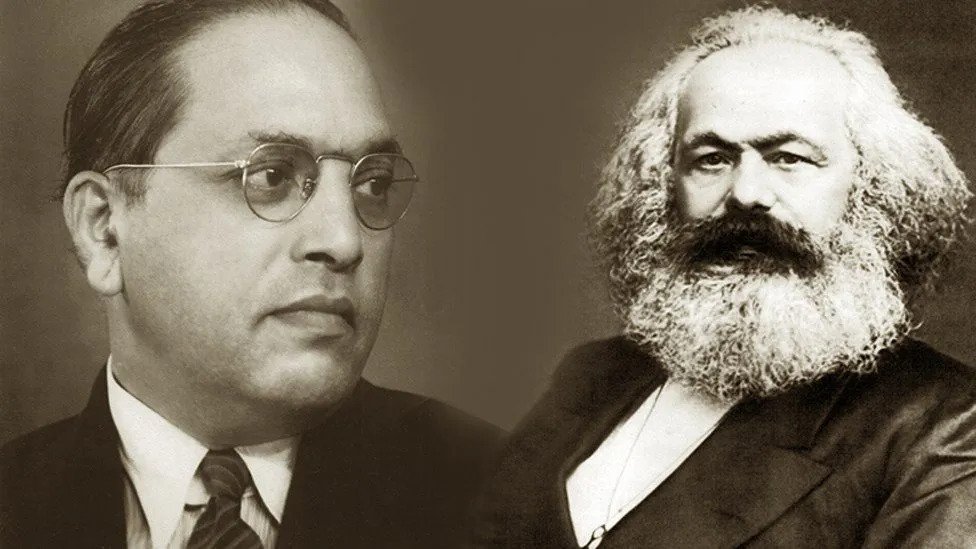By: Dr. Satyawan Saurabh
India is a country of diversity, unity in diversity only provides the basis for the golden dignity of the composite culture here. Since the Vedic period, the difference in the composite culture and the interweaving of external ideas have been the specialty here, so the assimilation of any cultural diversity is easy in India. In this perspective, religious cooperation has also been one of these characteristics, its unique example can be seen in Sufism, where Islamic monotheism and some characteristics of Indian religions were combined and as a result, a synthetic religious ideology was successfully followed. But in recent years India’s cultural diversity is being transferred into cultural heterogeneity, which is harming the cultural specialty along with the decline in harmony among the people.
Communalism as a political philosophy has its roots in the religious and cultural diversity of India. Communalism in India has always been used as a political propaganda tool to create division, dissension, and tension between communities based on religious and ethnic identity, based on communal hatred and violence. Communal violence is a phenomenon in which people belonging to two different religious communities mobilized by feelings of hatred and enmity attack each other. Social media has played an important role in promoting communalism due to the rapid spread of fake news in the country. The dissemination of audio-visuals of riots and violence has become much easier and faster through social media violence. These inhuman graphic depictions of violence add to the hatred of other communities in the general public.
Instead of adhering to journalistic ethics and neutrality, most of the media houses in the country seem to be particularly inclined towards one or the other political ideology, which in turn widens the social divide. At present, communalism is resorted to by various political parties for their political gains. Communalization of politics as a process has been promoting communalism in India as well as increasing the intensity of communal violence in the country. The lack of value-based education is generally seen in Indian people, due to which they blindly fall into anyone’s words without thinking.
Factors like unequal levels of development, class division, poverty, and unemployment create a sense of insecurity among the common people. Due to the feeling of insecurity, people lose their faith in the government; as a result, people resort to various political parties, which have been formed on communal lines, to fulfill their needs/interests. Due to a lack of trust and mutual understanding between two communities or persecution of members of one community by another community, etc., fear, suspicion, and a sense of danger arise in them. Due to this psychological fear, an atmosphere of discord, hatred towards each other, anger, and fear arises among the people.
Innocent people are trapped in uncontrolled situations during communal violence, which leads to widespread human rights abuses. Communal violence causes huge loss of life and property. Communal violence gives rise to vote bank politics and social cohesion is affected. It causes serious damage to communal harmony in the long run. Communal violence affects constitutional values like secularism and fraternity. The families of the victims of communal violence bear the maximum brunt, losing their homes, loved ones, and even their means of livelihood. Communalism also presents a challenge to the internal security of the country because both the instigators of communal violence and those who suffer from it include the citizens of the country.
The police need to be well-equipped to prevent communal violence. Local intelligence networks can be strengthened to prevent such incidents. To prevent communal violence, peace committees can be set up in which persons belonging to different religious communities can work together to spread goodwill and remove feelings of fear and hatred in riot-affected areas. This will prove helpful in preventing not only communal tension but also communal riots. Value-based education should be given to the common people of the country so that they cannot be swayed easily. On value-oriented education, focusing on inculcating in children noble values in schools and colleges/universities based on the values of peace, non-violence, compassion, secularism, and humanism as well as scientificity (enshrouded as a fundamental duty) and rationality there is a need to stress which can prove to be instrumental in curbing communal feelings.
The existing criminal justice system should be reformed to provide speedy trials and adequate compensation to the victims. Globally, practices prevalent in countries like Malaysia can be followed by the Government of India to prevent communal violence. Strong laws are needed to prevent communal violence. Along with this, the citizens of the country need to understand that-
* When Geeta said this, she said where is Quran.
Make the earth bleed in the name of religion.*







